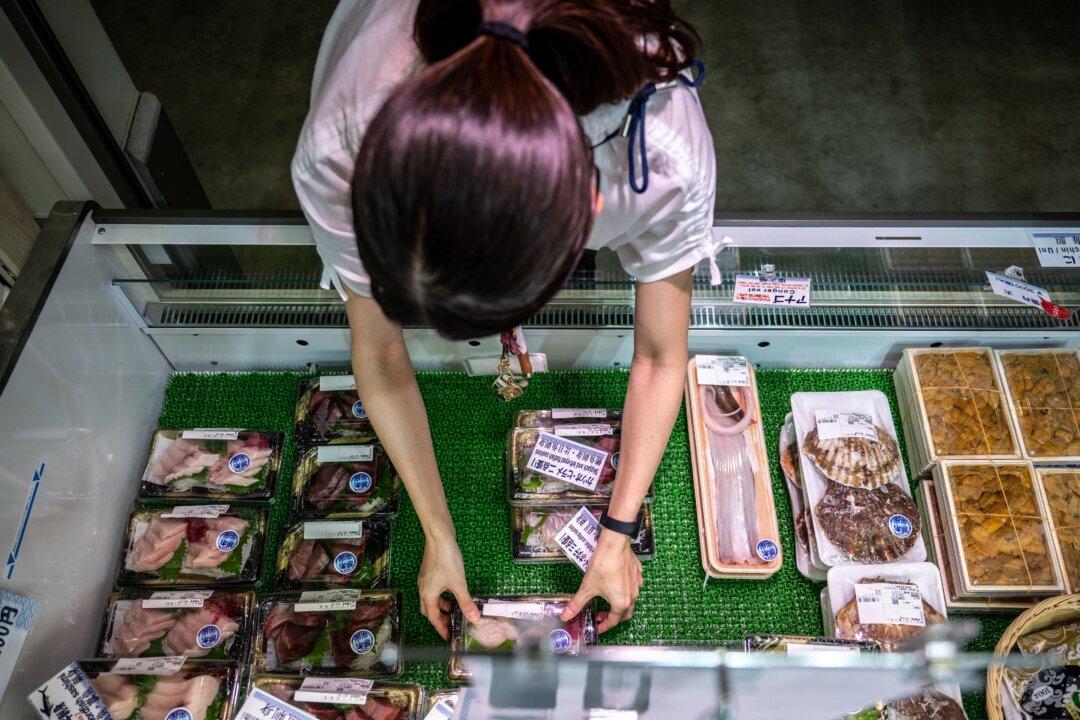Trade ministers of the Group of Seven (G7) nations on Sunday called for the “immediate repeal” of import bans on Japanese food products and pushed for a reform of the World Trade Organization (WTO).
The G7 trade ministers issued a joint statement after a meeting in Osaka, Japan, on Oct. 29, pledging to maintain “a free and fair trading system” and enhance “economic resilience and economic security.”





